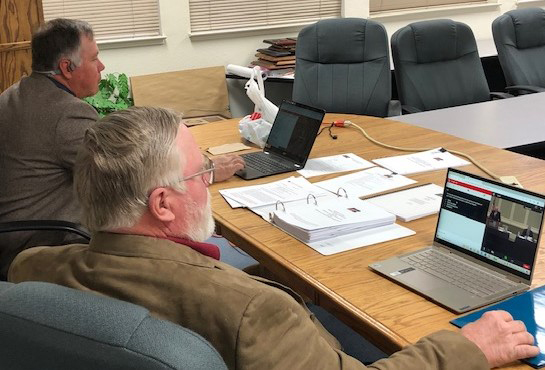
Farmer and rancher delegates to the American Farm Bureau Federation’s 102nd Annual Convention today adopted policies to guide the organization’s work in 2021. Key topics ranged from farm diversity to farm labor and dairy policy to livestock marketing. For the first time in AFBF history, delegates met and voted virtually due to COVID-19.
“Our Farm Bureau delegates showed that no challenge, not even a pandemic, will keep them from working to improve the lives of America’s farmers and ranchers,” said AFBF President Zippy Duvall. “Their work not only sets policy for 2021, it will also serve as a guide for AFBF as we prepare to work with a new president and a new Congress to ensure we continue to lead the world in producing healthy and safe food, fiber and fuel.”
Recognizing the importance of broadening access to agriculture, delegates voted to encourage increased racial diversity in farming. This new policy calls for increased funding for USDA programs that make inheriting farms easier and increases funding to promote diverse farmland ownership.
Delegates updated labor policy, emphasizing the importance of reforming the H-2A program by expanding the program to provide visa workers for both seasonal and year-round employment. An expanded program would address workforce shortages and extend the program to operations that do not currently qualify to employ guest workers, like dairy farms.
The Holcomb plant fire and the COVID-19 pandemic caused meat prices to skyrocket while the price paid to farmers dropped. AFBF delegates voted to provide stability in markets by supporting efforts to increase negotiated sales in fed cattle markets. Delegates also called for increased transparency in livestock pricing.
Milk price volatility was exasperated by the COVID-19 pandemic, resulting in financial damages to dairy farmers in excess of $2.5 billion. Delegates updated dairy policy to call for re-examining the 2018 farm bill’s modification to the milk price formula, improving equity in USDA’s Federal Milk Marketing Order revenue sharing pools, and reaffirmed their support for allowing dairy farmers the opportunity to cast an individual and confidential ballot during milk order referendums.
There are new policies on crop insurance. Delegates called on the Risk Management Agency to improve hurricane protection coverage, including but not limited to, providing protection against both hurricane-force winds and excessive precipitation. Delegates also supported modifying specialty crop insurance to minimize food waste.
By Brittney Money, NFB Director of Communications

